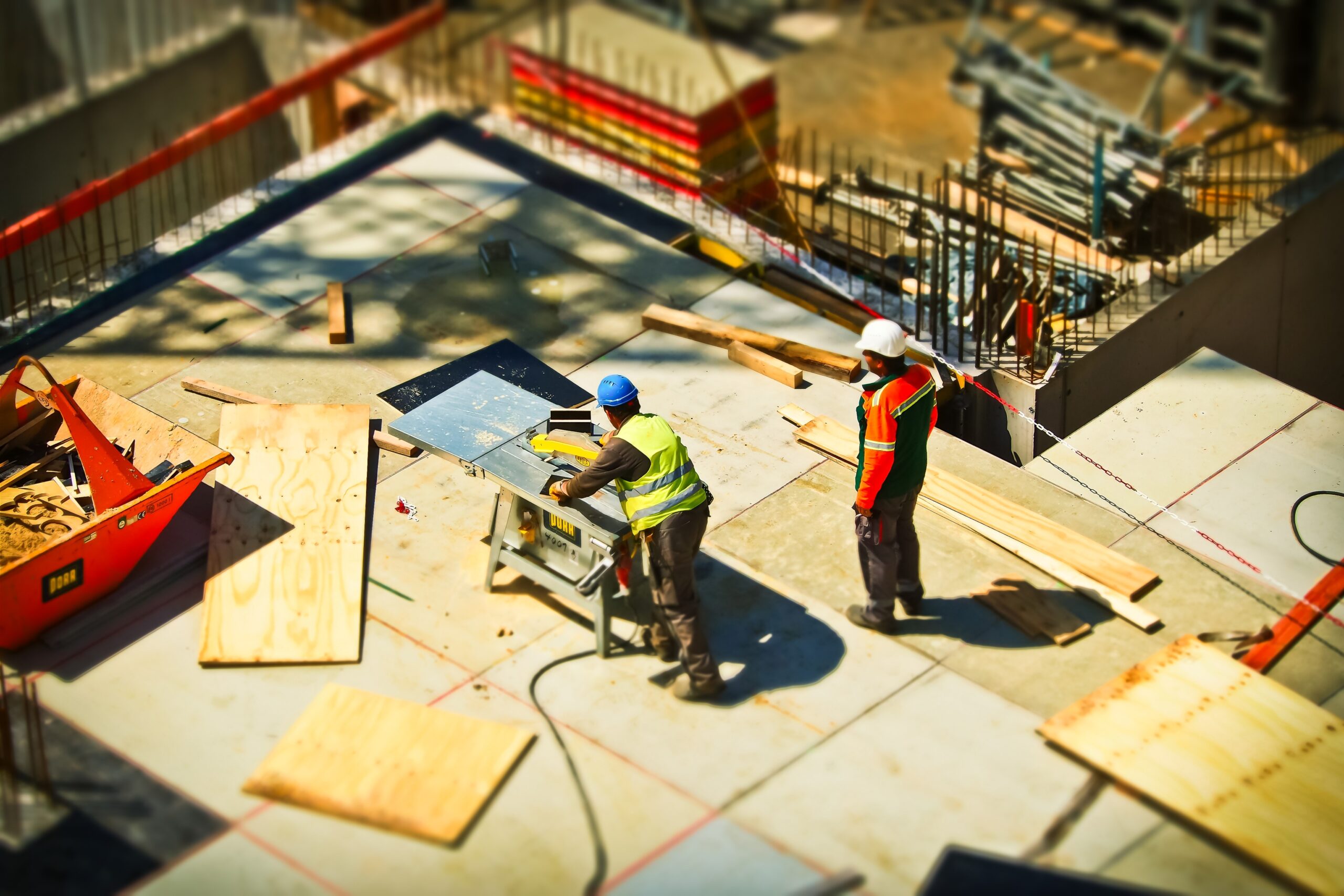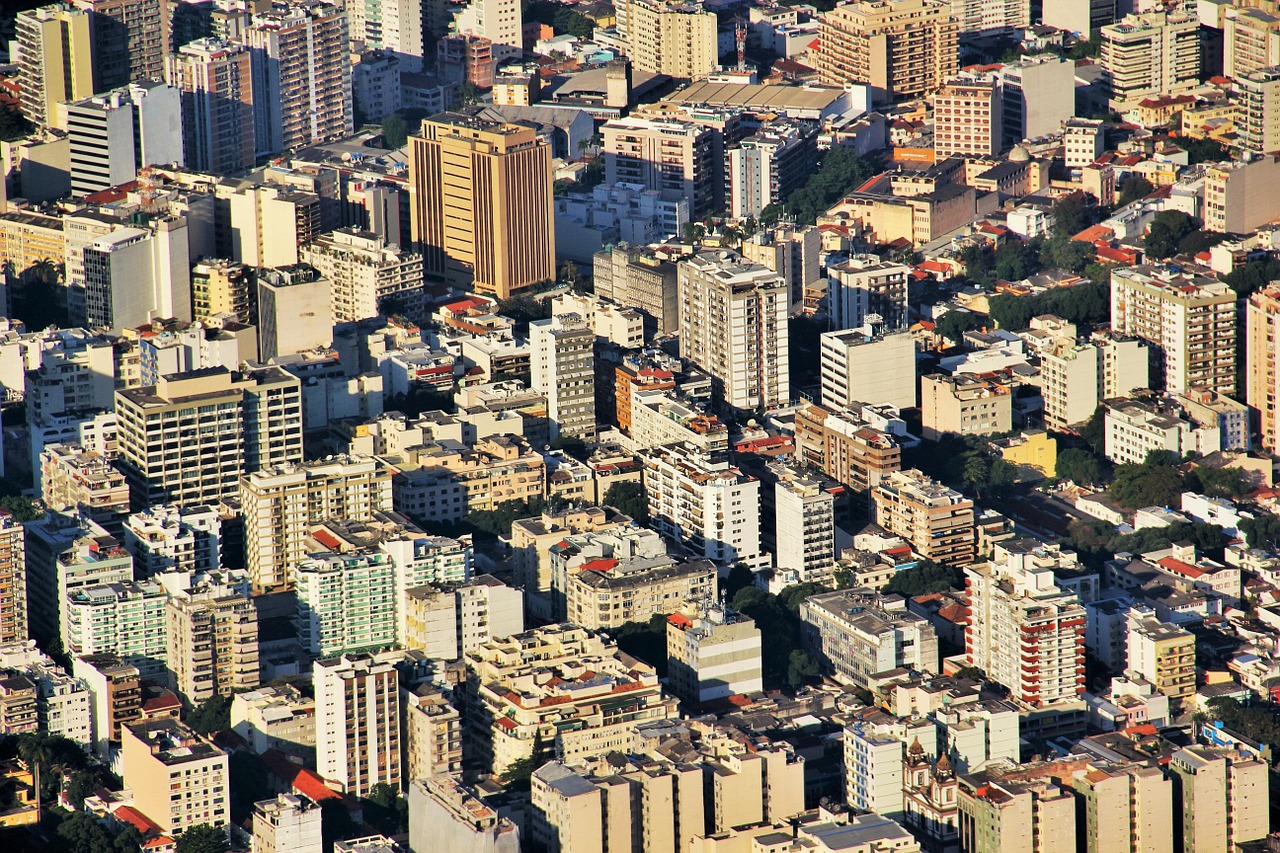Incremental housing is both a driver of and response to spectacular contemporary urbanisation across the globe, particularly in the Global South. It is a step-by-step approach to housing construction in which the built environment is improved by owner-builders as money, time and materials become available. Driven by urban residents rather than the state, though, such practices remain challenging to integrate with formal, state-led city-making.
Further, experiences of incremental housing vary widely, influenced by – among other things – inequalities and power positions, policies and regulations, and land and housing markets. As such, it is necessary to reconceptualise incremental housing to acknowledge its embeddedness within the broader industries, markets, institutions and practices of city-making. Mapping these wider dynamics will help answer the fundamental questions of where, how and why initiatives, aimed at addressing the urban housing shortage across the global South, can be both successful and scalable. This is all the more true given the current Covid-19 pandemic, which has raised new challenges for the lived reality of incremental and informal housing practices.
Guest edited by Abigail Friendly, Griet Steel, and Femke van Noorloos, this special issue of IJHP will focus on how incremental housing produces a variety of ever-changing embodied experiences for dwellers-managers over time, depending on how they engage with flows of building materials, finance, and labour, together with land, design and infrastructure. By focusing on these embodied experiences of incremental housing flows, we aim to overcome dilemmas related to urban incrementalism, long-term, city-wide planning, and compact cities in the Global South.
In particular, the special issue is seeking papers that analyze city flows, chains and circuits that emerge from incremental housing practices by focusing on the:
- functions and experiences of different actors, such as self-builders, suppliers of materials and finance, and informal brokers; and identifying winners and losers in incremental housing dynamics, including the generation of employment for specific groups;
- industries and value chains that emerge and change, including financial or credit systems, and where materials come from, go to, and flow together; and
- reasons why certain housing developments stand empty, and why repair and recycling are not used optimally, for example for emptied vertical blocks or older housing estates.
Submit an abstract by 15 November 2021
If you would like to contribute, please send your abstract and short bio to Abigail Friendly.
A draft of your full paper will need to be with the editors by 31 January 2022, in anticipation of a workshop to discuss them on 18 February 2022.


